Last Updated on July 30, 2021
Review: Harriet Tubman was a remarkable woman who endured so much, fought so hard and exhibited an unbelievable amount of courage to achieve things that deserve to be learned about and admired for the rest of human history. In fact, her acts are so immense that to recount them all and to capture the immensity of them in a two-hour biopic would barely scratch the surface. The actual biopic we now have, HARRIET, is proof of just hard it is to bring her story to life, with an attempt to cover the grandiosity of her life settling for a painfully familiar biopic that fails to give true power to any of the courageous acts, stranding an incredible story in the most tepid and tragically dull waters of the genre.
From her escape from slavery, her return to free the family she had to leave behind, to the Underground Railroad and beyond, there is indeed so much about the life of Tubman (played here by Cynthia Erivo) that makes for fascinating material to research and binge on across a thick, thrilling biography. When tackling her story there’s no surprise that writers Gregory Allen Howard and Kasi Lemmons (who also directs) decided to start from the beginning of the list and cover what they could with as much sincerity as possible. But where that approach fails HARRIET is that Lemmons doesn’t succeed in giving the defining moments of her life (or even the smaller ones) any power or resonance, with key instances presented in their most rudimentary form and through thinly written characters. The result of the whole movie feels like a history lecture where the person giving it thinks that simply presenting the information is enough to keep people engaged.
We’re introduced to Tubman’s story with her as a young woman, a slave on a plantation and owned by white masters who – in their typically nasty ways – refuse to let Tubman and her family free or to let her marry her fiancé, a free black man. The first moments involve Tubman stepping out of a sort of trance, seeing visions she believes are being sent from a higher power. As she has more and more of these visions she decides to take her life into her own hands and flee to make for freedom on her own, kick-starting an odyssey that would land her in the history books and make her a defining figure in American history. That sounds like an epic story, but the tapestry it's painted on relies too heavily on earnestness and not on ingenuity. Reeking of the familiar; costumes, sorrowful conversations, production design and virtually all of the other technical aspects — sans Terence Blanchard's often wonderful score — seem plucked from any other period movie that has come and gone without leaving their mark. In an attempt to be honest and forthright, it simply comes off as uninspired.
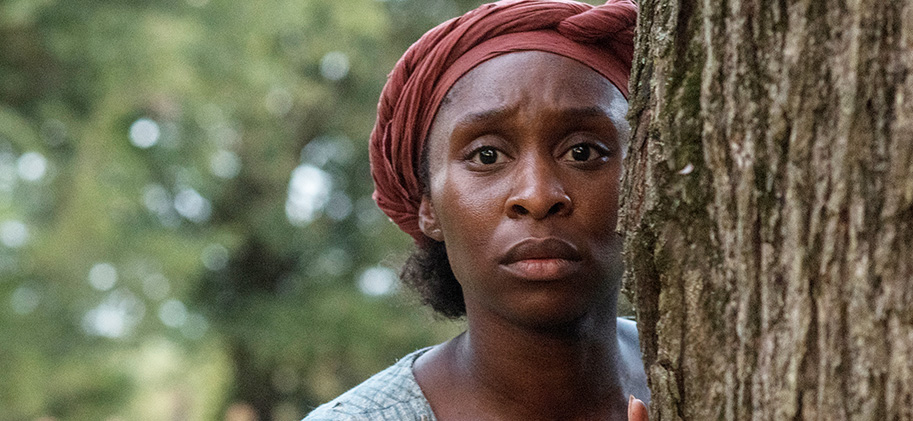
If Lemmon’s approach is more dutiful than anything else, a lot can be made up for thanks to the powerful turn by Cynthia Erivo, the heart, and soul that will get even the most disinterested parties through to the end. Erivo portrays Tubman with a quiet fury and unbreakable spirit that carries her from dangerous scenario to the next, dolling out powerful, passionate speeches that come bursting out to uplift and inspire. Whenever the movie is ever to break out from its listless pacing it’s because Erivo is able to take things to the next level with pure fire in her eyes.
No one else around our shining star has the same time to shine, no matter how impressive the figure they’re playing. Men like William Still, played by Leslie Odom Jr., has an important place in the Tubman story, but that place here is to merely tell her she can’t do something, only for her to prove him wrong, and back and forth this goes as he grows impressed with her skill, and yet continues to doubt her, until he then doesn't. Joe Alwyn gets the role of the main villainous white man, Gideon Brodess, who has known Tubman since their younger years, and perhaps out of jealousy that he cannot have her seeks to hunt her down. Alwyn, nor the character, quite have the bite to make for a compelling villain, trying to go for quiet, sinister vibes through sleepy eyes.
Janelle Monae plays the completely fictitious Marie Buchanon, a woman made up for the movie to give Tubman's life in Philadelphia more definition, giving her a place to live, some connections, and a pistol when Tubman decides to go back for her family. She's a confident black woman who wears fine gowns as if she was born in them, and comes to understand Harriet more and more as she becomes familiar with her struggle. The intent of creating her for the story is an admirable one, to further show how black men and women could come together to fight for the cause, but it also takes the movie further out of its own reality, taking the route some biopics of heavily lacing in fiction to make a point. Monae suits the role well, but her existence feels strange despite the goodwill behind it, nor does she do much to transcend the movie out of the monotonous pacing and tone.
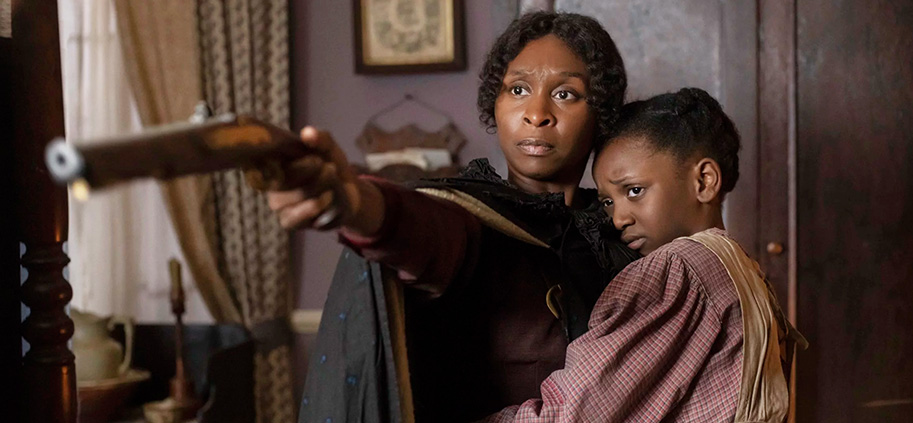
Tubman achieved so much while having such little education, not even able to read when escaping 100 miles to freedom. That’s certainly inspiring and one of the strongest cases for bringing her journey to the big screen, but where the movie may lose some as it did me is that it presents the key to her success not being just her own courage, will and strength, but rather her putting all her faith in God. On numerous occasions Tubman has “visions from God”, wherein she can see the future as if it is a mighty superpower. Every major act Tubman takes — thus pushing the movie forward — comes when one of these visions randomly comes about.
So much of what she does, she credits to divine intervention, to the point where we as an audience must either accept that or choose to disregard it. Her actions and these spiritual elements walk so hand in hand that I found myself increasingly disengaged with certain events that should be inspirational and powerful purely based on the courage of Tubman and that alone, and not bogged down with heavy-handed testaments to the will of a higher being. This element may ring incredibly moving for some, but entirely alienating to others, to the point where it's even dismissive of Tubman’s deeds as if to say none of it would’ve happened had she not had these visions. Maybe this is true, but it's also preachy and pandering and makes an already frustratingly average biopic be more exhausting to take in, feeling more like a sermon than a history lesson.
By the end of the movie, Tubman has done much more preaching about what needs to be done, how God is guiding her and less on the actual events themselves. A truly historic moment, finding Tubman leading a battalion during the Civil War means to cap things off, despite how that aspect alone could've made for a far more unique film. There's more to her story than we got to see, and the great shame is that despite how fascinating Tubman's story is, her biopic is an incredibly dull one that sticks mostly to quiet moments that do nothing to inspire or provide greater insight to her. Beyond a powerful central performance and some good intentions, there’s nothing about HARRIET that's worth recommending to anyone other than the most ardent period film fan or high school teachers looking to kill class period. I don't doubt Lemmons and her team have great admiration for Tubman and everything she did – as everyone should. But earnestness does not double for passion, and when your movie lacks ingredients that didn't come from whatever warehouse exists to crank these types of movies out — while also blending in aspects that are purely fictitious or can be debated as — all you have is a case for why reading a book is more worth your time.


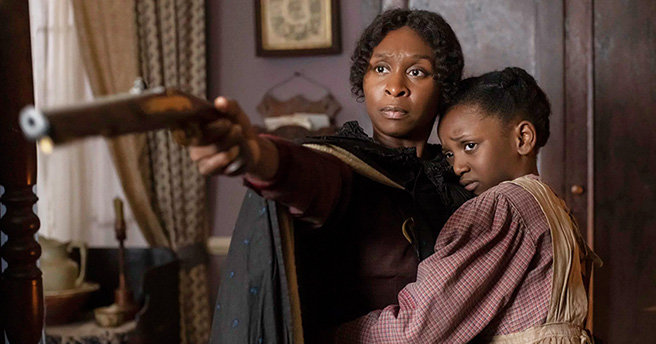




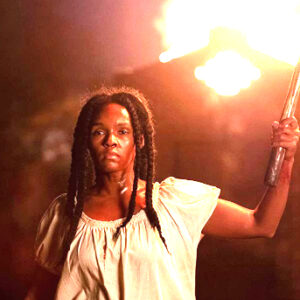

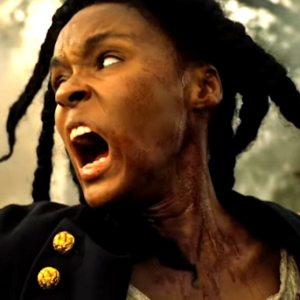







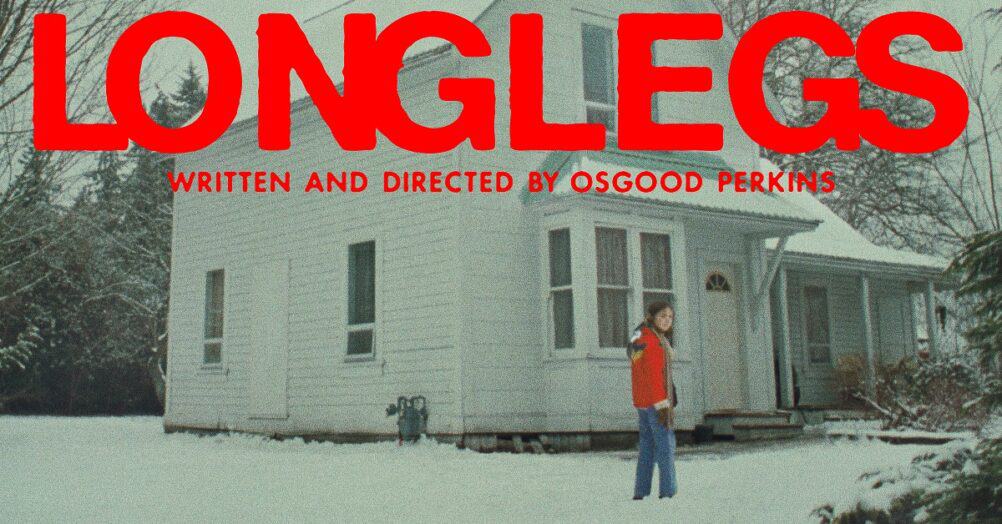
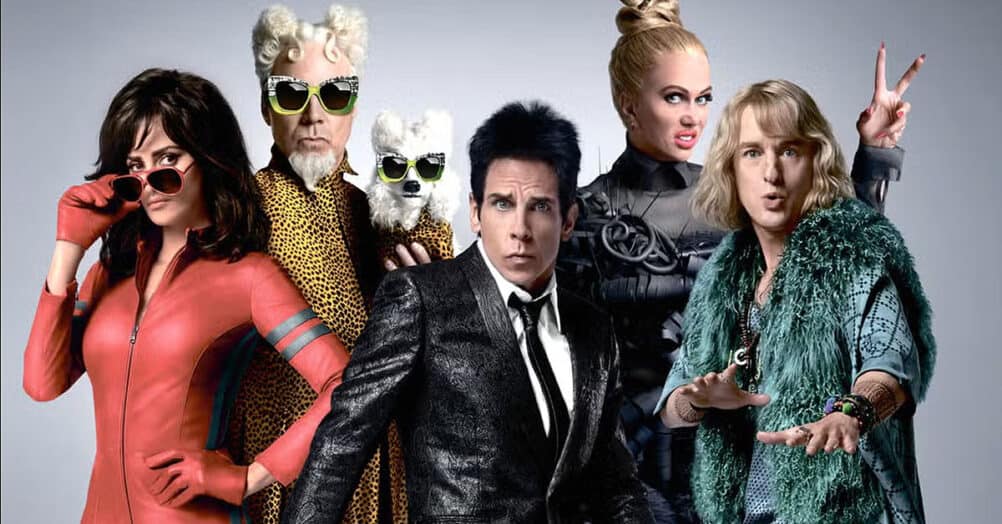


Follow the JOBLO MOVIE NETWORK
Follow us on YOUTUBE
Follow ARROW IN THE HEAD
Follow AITH on YOUTUBE